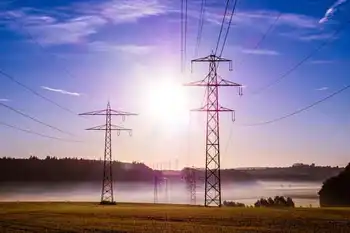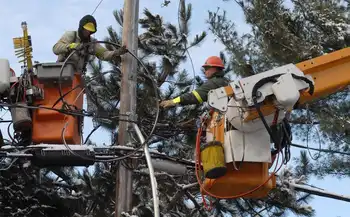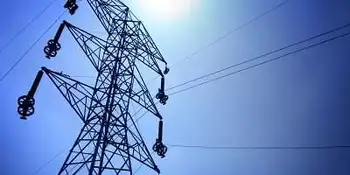NERC forecasts summer demand to drop in North America
The authority in charge of the reliability of the bulk power system projected in its annual summer outlook that the region will see total power use for the season drop by more than 30 terawatt-hours to around 2006 levels. As for summer peak demand in the U.S., NERC said the country alone is expected to see a 2.3% decline.
The projections are the latest sign of weakening power demand that along with a sharp drop in natural gas prices has resulted in a slide in wholesale electricity prices. The Barclays Capital U.S. Power Index, which tracks a basket of regional forward power contracts, is down 55% from a year ago.
NERC said a drop in power demand from year to year is common and warned against slowing projects to upgrade and expand the region's electricity infrastructure. Transmission projects to move power generated by wind and solar facilities are particularly important.
"Despite this decline in demand, it is vital that infrastructure development continue if we are to maintain reliability for the coming years," said Mark Lauby, director of reliability assessments and performance analysis at NERC, in a statement.
As for the last year, the amount of wind generation capacity has increased by 45%, or 9,250 megawatts, while programs to curtail electricity use at times of peak demand have increased by 8%, or more than 2,200 megawatts.
NERC doesn't foresee supply problems for two primary fuels used in electricity generation. Coal stockpiles are nearly 50% above average levels and natural-gas storage is 23% above average levels, the group said.
Related News

Looming Coal and Nuclear Plant Closures Put ‘Just Transition’ Concept to the Test
WASHINGTON - The coronavirus pandemic has not changed the grim reality facing workers at coal and nuclear power plants in the U.S. and Europe. How those workers will fare in the years ahead will vary greatly based on where they live and the prevailing political winds.
In Europe, the retirement of aging plants is increasingly seen as a matter of national concern. Germany this year agreed to a €40 billion ($45 billion) compensation package for workers affected by the country's planned phaseout of coal generation by 2038. Last month the Spanish authorities agreed on a just transition plan affecting 2,300 workers…





